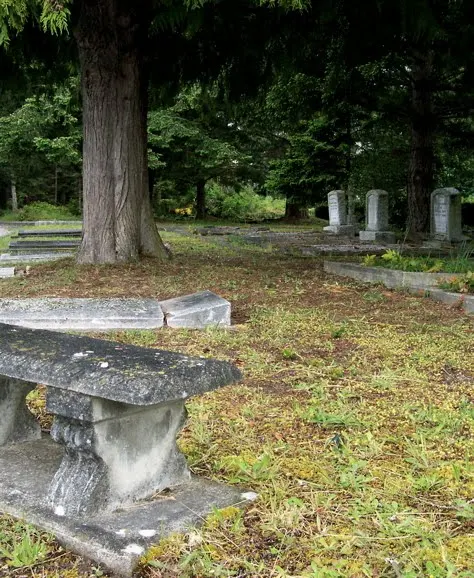Is your fridge running? Chances are it is and you never give it a thought. But two hundred years after electricity was first harnessed, 1.6 billion people still live without basic power.
That number includes one of my neighbours, a guy that was living without electricity for the past two years. When he moved out this anomaly was brought to candle light among the glowing windows, loud TVs, and humming fridges. It made me think about life without electricity, or 'hydro' as it is called here.
Imagine living without lights, TV, computer, stereo, microwave, stove, fridge, heat and hot water. It might make an interesting experiment to go off-grid for a short period, like Colin Beavan did for his
'No Impact Man' experiment, but even he only managed a few weeks. Of course, many have never experienced the benefits of power.
I look forward to the power going off here, which it does every winter during big storms. A palpable hush falls - the fridge finally stops running, lights across the harbour disappear, and nature reins once again. That's what calm sounds like, what slow sounds like, what nature sounds like. Maybe my neighbour was on to something.
Much of our electricity use is for unnecessary luxury items. Or it is wasted, as in leaving lights on when not being used, or not sleeping your computer when not in use. Unfortunately, energy conservation is about as popular as the BP oil spill, even though repeated studies show its benefits. A recent study showed potential savings from 20 to 47% using measures that are inexpensive and simple.
Although there is a growing group of people living without a
fridge and hanging laundry outside, energy demand continues to rise. The U.S. government estimates the country will need 1300 new power plants by 2020. However, this ignores its own
study conducted by experts from government, industry and universities that shows conservation methods could eliminate the need for up to 610 of those large power plants.
Governments are pushing the infinite growth model, the one that is at this moment crashing down around us. They say, "Build, build, build", and "Drill, drill, drill" to meet demand. But when and where does it end? Now? In each of our homes? We can all face up to the truth of our finite planet and conserve, conserve, conserve.
George Orwell warned that we are all capable of believing things that we know to be untrue. That is, until "a false belief bumps up against solid reality, usually on a battlefield." We are at that point now as we bump up against some unpleasant realities. The battlefields are in places like slums, and the Gulf of Mexico, and the atmosphere.
I will not be taking after my neighbour in no-power living soon. But when I use electricity I appreciate it, and use it wisely. Ideas for conserving electricity in your home can be found
here. Perhaps we'll try ditching our fridge, because although it keeps running, it never goes away. Hummmmmm...












